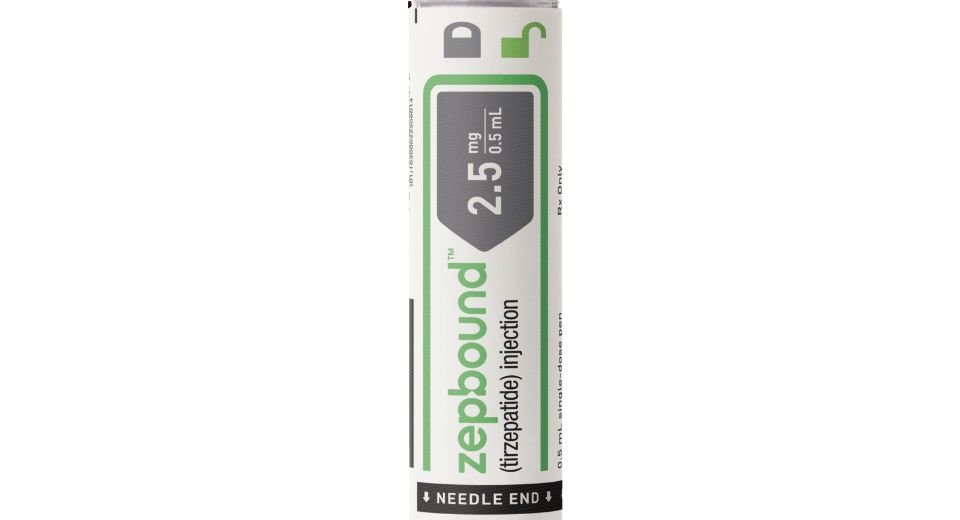HQ Team
May 23, 2024: Prescriptions for the newly approved Glucagon-like peptide-1 receptor agonists or GLP-1RAs weight loss drugs have gone up seven-fold among American teens between 2020 and 2023, says a new study.
GLP-1 drugs were approved for type-2 diabetes initially and their usage expanded to weight loss in 2014. In 2021, semaglutide was approved for weight management in 2021.
The study assessed GLP-1RA dispensing in pharmacies across the US to adolescents and young adults. Interestingly, overall a 3% decline has been noticed in this age group of other prescription medicines.
The research was led by Dr. Joyce Lee, a professor of pediatrics at the University of Michigan Medical School in Ann Arbor, and his team.
Safety of weight loss drugs
The team questioned the safety and efficacy of using drugs like Ozempic, Wegovy, Mounjaro, Zepbound, and dulaglutide (Trulicity) exenatide (Byetta), and liraglutide (Saxenda) in this age group of 12 to 25.
Dr Joyce Lee said, “Evaluation of the long-term safety, efficacy and cost-effectiveness of GLP-1RAs in adolescents and young adults is needed.”
The study assessed GLP-1RA dispensing in pharmacies across the US to adolescents, (ages 12 to 17) and young adults (ages 18 to 25) for the years 2020 through 2023. Interestingly, overall a 3% decline has been noticed in this age group of other prescription medicines.
Over three years of the study, GLP-1 prescriptions among people ages 12 to 25 jumped by more than 594%, from 8,722 people in 2020 to 60,567 by the end of 2023.
The team found that among adolescents, the rate of use rose six-fold among boys and nearly seven-fold among girls, and among young adults, the rise was nearly five-fold among men and almost eight-fold among women.
“Increases in GLP-1RA dispensing were greatest for females, highlighting the importance of educating patients and prescribers on sex-specific safety risks [eg, concerns during pregnancy],” the team note.
“In both age groups, the last dispensed prescription in 2023 was most commonly for injectable semaglutide [Ozempic] for type 2 diabetes,” Lee’s group noted.
Though the medicines are meant to control type 2 diabetes, the expanding use of the same for weight loss is a matter for concern, especially in this age group. Not much is known about the long-term side effects of taking these medicines for weight loss. The researchers believe more caution and communication when dispensing GLP-1s to the young may be needed.
“Efforts to promote safe and appropriate prescribing should include endocrinologists, family medicine physicians, and nurse practitioners, given their prominent roles” in prescribing these medications, the team said.








